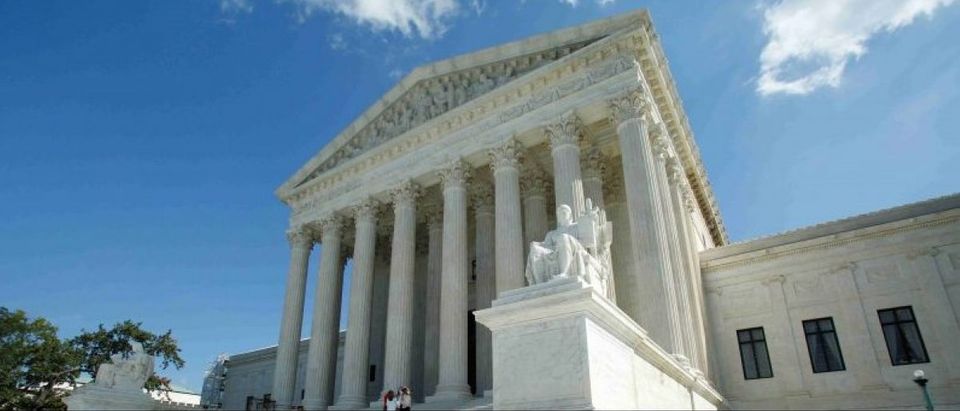The U.S. Supreme Court declined to hear an appeal to revive the Republican-backed Texas voter ID requirements signed into law by Gov. Rick Perry in 2011.
Chief Justice Roberts explained the case was not taken up as litigation is continuing in the lower courts and the appeal may return at a later time.
The law has been challenged by civil rights groups, individual voters and the U.S. Justice Department under President Obama’s administration. The law was originally rejected under Section 5 of the Voting Rights Act (Section 5 required localities with a history of discrimination to obtain federal permission before changing voting procedures and was struck down in Shelby v. Holder in 2013), and was again blocked repeatedly after 2013 for discriminatory effects against Blacks and Hispanics.
The 15-judge panel in the 5th U.S. Circuit Court of Appeals ruled 9-6 in July 2016 that the Texas law had a discriminatory effect, thus violating the Voting Rights Act. Challengers of the law assert that the law could leave 600,000 people unable to vote. J. Gerald Herbert of the Campaign Legal Center said in a statement that Texas ranks poorly in voter participation and should be working to ensure eligible voters are able to vote.
Regarded as one of the strictest voter ID laws, the law accepts seven forms of government issued photo IDs including: driver’s license, handgun license, military ID, and U.S. passport. Under the law, university IDs and welfare IDs are not acceptable.
Texas Attorney General Ken Paxton believes it is a commonsense voter ID law, necessary for integrity of elections in Texas. Paxton, disappointed the Supreme Court declined the case, stated Monday, “we will continue the fight.”
As of the Circuit Court of Appeals case in 2016 Texas had already spent $3.5 million defending the law.












